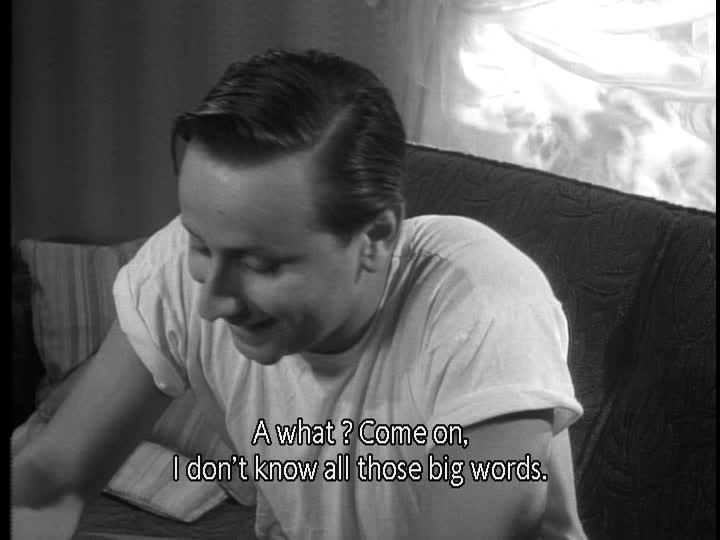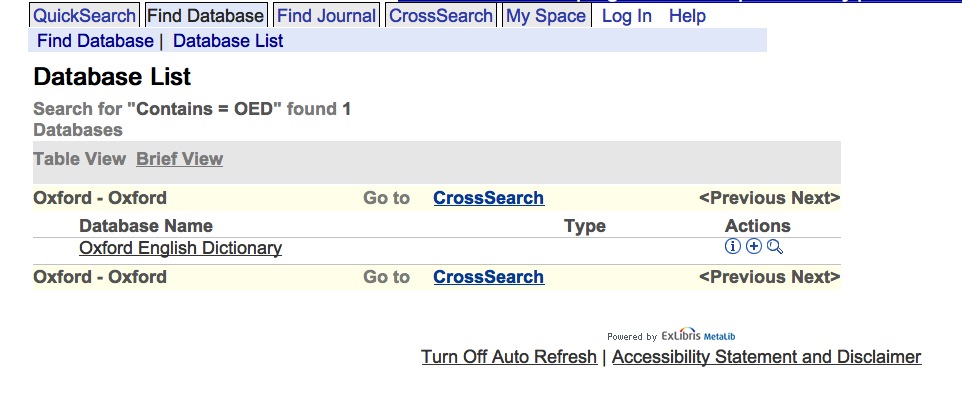
Please read the Class Policies page now.
Is there a book in this class?
Please send all work for this class to [email protected]
All assigned work for the course must be completed and be of passing quality to pass the course. We will learn collaboratively. I will not lecture at you while you try to stay awake. Therefore, you and your fellow students must all participate in class discussion. This is a new and somewhat experimental course I have designed myself. It is not a course where you can do 70 percent of the work and expect to get a C in the course. To get a C in the course, you need to do 100 percent of the work at a C level. Because of the large number of students in the class, I may not notice if you have not been completing the work until the end of the term. In that case, you will receive an E. To get a C or above, you must do all the written work and you must participate in class discussion.
Requirements: Co-lead class discussion twice, once on a Tuesday and once on a Thursday; two discussion questions and three or more "BIG WORDS" for each class; student formulated quizzes each class; three 700 word papers; and a willingness to reflect, think, respond, by paying very, VERY, VERY close formal attention to texts and films.
All required books are in the UF Bookstore. All other readings are linked on the schedule page.
This course explores posthuman, psychoanalytic, and deconstructive theory about the human, the machine, and the work of art in relation to literature and film concerning dolls, puppets, toys, and malicious (possessed?) objects. Readings and films will include Friedrich Schiller, On the Naïve and the Sentimental; Friedrich Schiller, Letters on the Aesthetic Education of Man; Sigmund Freud, The ‘Uncanny’; essays on "The 'Uncanny'"; Heinrich von Kleist, On the Puppet Theater; Paul de Man, “Aesthetic Formalization: Kleist's Über das Marionettentheater”; Karl Theodor Vischer, “A Rabid Philosopher"; E.T.A. Hoffman, The Sandman and "Automata"; pages by Sigmund Freud, Martin Heidegger, and Ernst Bloch; Cindy Sherman, photos; Hans Belmer, photos; Jean Paul Richter, (Pre)School for Aesthetics; The Double Life of Véronique (Kristof Kieślowski,1991); Hugo (dir. Martin Scorcese, 2011); Medium Cool (dir. Haskel Weskler, 1969); Blow Up (Michelangelo Antonioni, 1966); Sullivan's Travels (dir. Preston Sturges, 1942); The Missing Picture (dir. Rithy Panh, 2013); Man with a Movie Camera (dir. Dziga Vertov, 1929); The Devil is a Woman (dir. Josef von Sternberg, 1935); Metropolis (dir. Fritz Lang, 1927); That Obscure Object of Desire (dir. Luis Buñuel, 1977); The Tales of Hoffman (dir. Michael Powell and Emeric Pressburger, 1951); Black Swan (dir. Darren Aronofsky, 2010); William Shakespeare, The Winter's Tale; and A Tale of Winter (dir. Eric Rohmer, 1992).
Bring copies of any of the required booksand essays to class as required; co-lead class discussion twice, once on a Tuesday and once on a Thursday; a Film Clip Analysis; two 500 word papers; two discussion questions, three shot analyses, and three or more "BIG WORDS" for each class; student formulated quizzes each class approved by me; and a willingness to reflect, think, respond, by paying very, VERY, VERY close formal attention to texts and films.
If you want to be in this class, you have to be in it.
Therefore:
If you are late to class, or if you leave during class, or if you leave class early, you will fail the class. You are allowed two absences without excuse or penalty. Rather than arrive late or leave early, use one of your allowed absence. I strongly recommend that you wake up early and plan to arrive by 8:25 a.m.
You'll need to have a copy of the reading--a copy printed on paper--with you in class.
I don't not allow the use of cell-phones, kindles, or computers in class. If you have a cell phone with you during class, please turn it off (not on vibe, but off). Take notes with paper and a pen or pencil. (I can see you, lol.)
I take silent roll for each class. If you don't turn in the discussion questions, three shots, and "big words" (when they are due), I will count you as absent. For more details, see the class policies here.
To repeat: If you want to be in this class, you have to be in it. In short, if your ambition is only to get a "C" in this course, you should not take it.
Two students will co-lead class discussion each class once on a Tuesday and once on a Thursday.
Students who co-lead class will also give a quiz (two questions) at the beginning of the class they co-lead.
Missed quizzes may be not be made up.
Late work may not be made up.
Assignment (two-parts) for each class:
A. Two discussion questions, numbered 1 and 2 and with your name at the bottom of the document, on each assigned reading or film are due by 5 p.m. on Mondays. And two discussion questions, numbered 1 and 2, on each assigned reading or film are due by 5:00 p.m. on Wednesdays. Email your questions in one word document (as an attachment) to me at [email protected]. If you plan to attend the screening, you may send your film DQs and three shots by 10:00 p.m. on Mondays. The projector in Turlington is a computer projector, not a film projector. So the image quality and sound quality may be worse at the screenings than the quality of what you can get at home watching the film by downloading it or streaming it.

C. BIG WORDS (at least 3) defined from the readings (not the films):
Many of the readings will be difficult, partly because the vocabularies the writers use contain technical terms you probably won't know as well as "big words" you may not know. Since you can easily go to wiktionary to look up the meanings and etymologies of words you don't know, I ask that you include at least three words you had to look up with your discussion questions. That will help everyone in the class. And since this is an English class, you should want to expand your vocabulary, no? :) Words also have histories. You may want to consult the Oxford English Dictionary online through UF.
1. Got to Databases and type in "OED" and then hit "Find."

You will get to this page. Double click on "Oxford English Dictionary."

You will get to OED at this page, where you can look up words of interest.

See also Impact (1949) and The Loophole